Our recent Honours Programme graduate, Stephanie Seow (Class of 2012), was recently featured on Mediacorp Television’s Everyday Heroes series for her humanitarian work in Mongolia. Stephanie is the founder of a self-funded and independent Humanitarian Project called the Mongolian Summer Camp. Every year, Stephanie and her team will gather volunteers from all over the world – America, UK, Russia, Korea, Thailand and Singapore – to run the educational camp. The vision of the camp is to bring fun, love, joy and hope to the street children in Mongolia.
When we imagine Mongolia, we are drawn towards an ancient nomadic culture and idyllic Ulan Bator with wide boulevards surrounded by pine covered mountains. But Stephanie who attended a Humanitarian Conference a few years ago was struck by Mongolian children who were displaced from the city and spent their childhood in manholes or sewage systems three quarters of the year to avoid the freezing cold winters. These manholes have pipes that transports hot steam to heaters to warm up houses in Mongolia. As a result many street children and poor children whose household could not afford heaters would flock to the warmth of the sewage systems.
Stephanie visits some of these poor families in the slum-like areas of Mongolia once every year. These families have a monthly income of only about $300, barely sufficient for the family’s basiceveryday electric bills, rent, etc. Many of the children of these poor families are forced into begging on the streets. This is where they get involved in vices such as stealing and are often brought to the shelter by the local police force for counselling and social rehabilitation.
Heartbroken by these children’s lives, Stephanie, a scout when she was younger, is inspired to bring colour and joy to their lives through fun educational camps. Many of these children, recounts Stephanie, cannot even afford a roof over their heads and much less, basic education. Her camp is an educational camp that runs English classes for these children. Volunteers from all over the world also get to introduce their own culture and language to the kids. Some would bring the recent trends in k-pop fashion, music and drama to the kids in Mongolia who are often very curious about the k-pop wave.
Every year, the camp recruits about 10-12 volunteers and aim to reach out to at least 20-25 kids from different Mongolian shelters. The camp also engages the children in music, art, games, sports and carnival games. Stephanie says that one of her future plans is to bring these Mongolian children hiking and horse riding. “Many of these Mongolian children have never gone to the idyllic country side before although Mongolia is native to such beautiful landscapes. These Mongolian children that we reach out to grew up on the streets and in Sewage Systems so what we want to do is just to bring joy, fun and hope to their lives.”
Stephanie recounts how the Mongolian children are very talented, but they need outlets for creative expression. Living on the streets and spending their lives in the manholes deprive them of creative outlets. Very often, the street children are dislocated from their own culture. This year, her camp’s volunteer includes a native Mongolian who lives in America. Stephanie hopes to work with her to bring Mongolian folkdance and culture to these kids at this year’s camp.
The preparation that builds up to the annual camp takes about six months of independent fundraising, when Stephanie will run movie screenings, photography exhibitions etc. to raise money for the project. She also runs her own volunteer recruitment and network with other Mongolian NGOs.
Stephanie now works at the Singapore International Foundational (SIF) and helps run various developmental projects in ASEAN countries and Afghanistan. She hopes to learn how to better organize an NGO and pick up developmental project know-how, as she is already planning to establish a boarding school linked to a social enterprise where Mongolian street children can go to school regularly, graduate and be employed.
Stephanie says sociology has opened her eyes to social inequalities, the needs of marginalized people and many other developmental issues that have become her life’s ambition to tackle. Her other sociological interests includes the negotiation of ideal femininity in Singapore. She is interested specifically in how the women of modern Singapore, especially Christians, reconcile their career and life aspirations with their religious beliefs. This remarkable and gallant lady is doing exactly that.
written by Caryn Tan, 30 Aug 2012
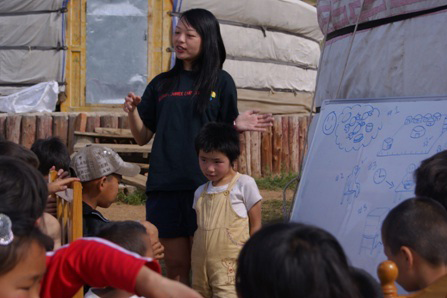
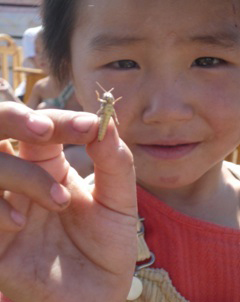

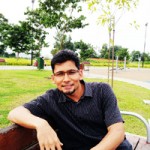
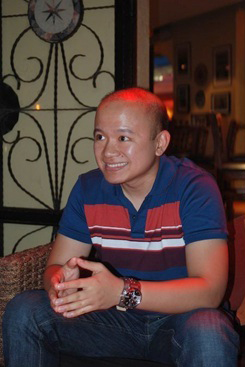








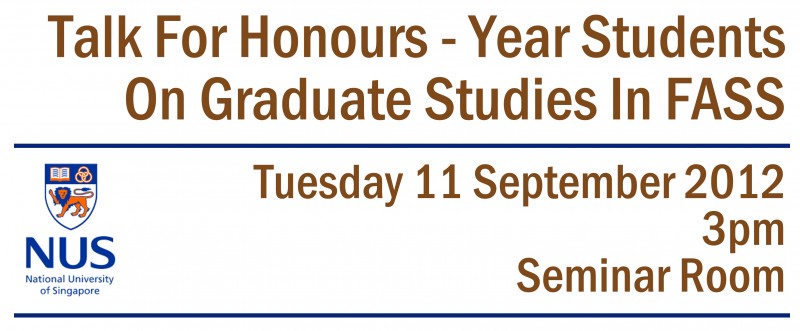
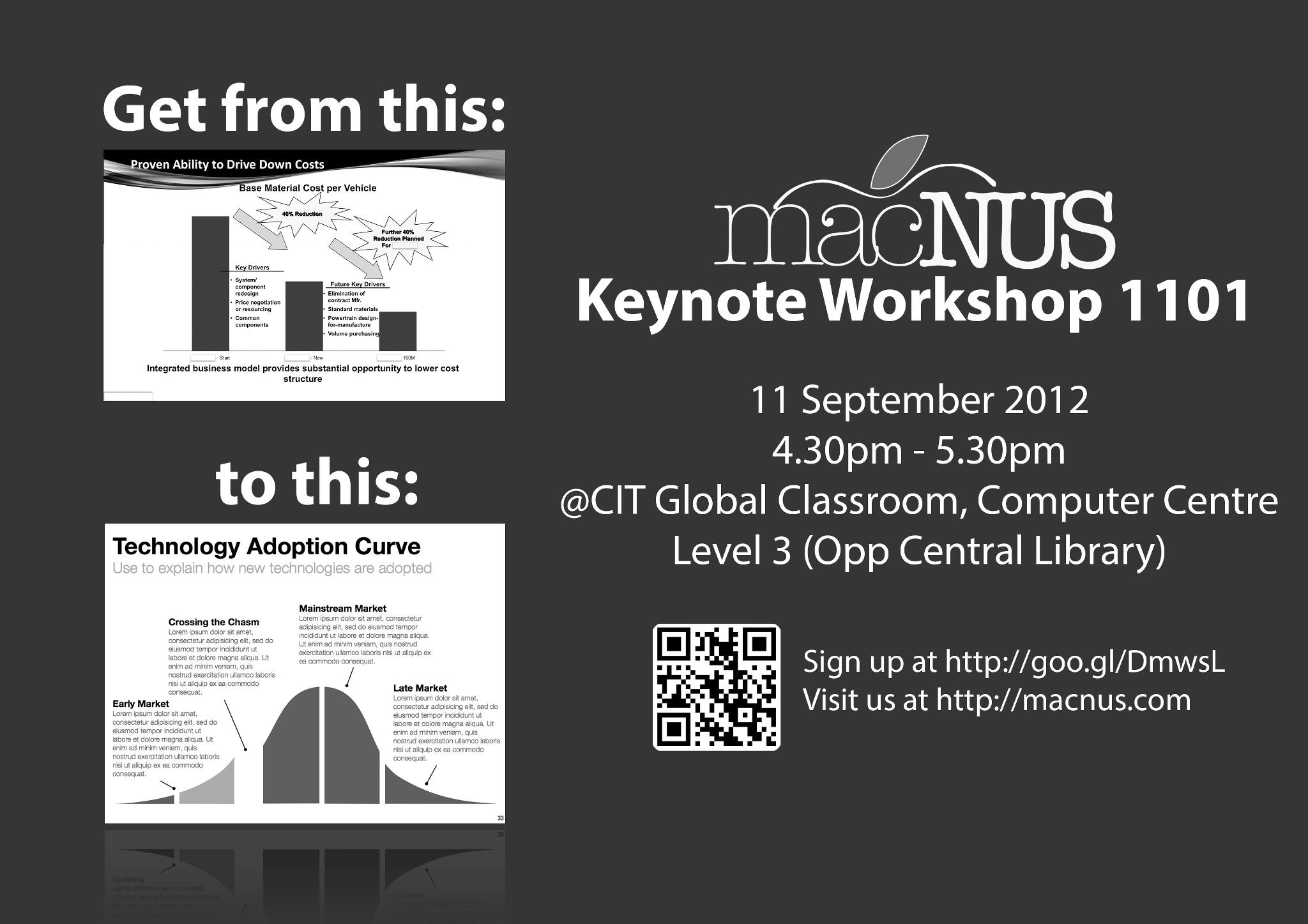
![EDM 28082012[2]](https://blog.nus.edu.sg/fassnews/files/2012/09/EDM-280820122-1o8czzd.jpg)